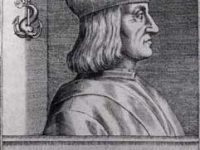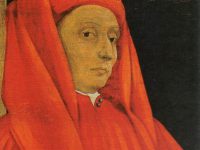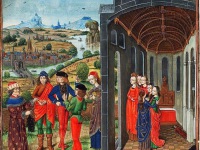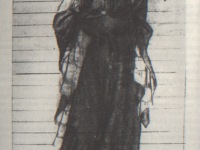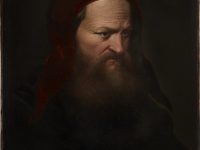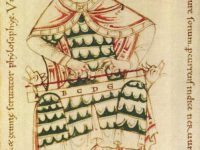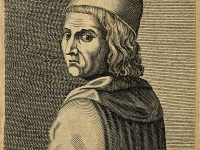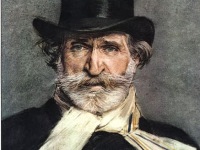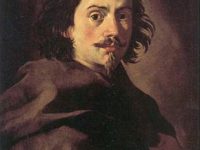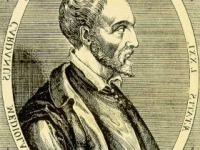Aldus Manutius and the Perfection of Book Printing
On February 6, 1515, Venetian printer and publisher Aldus Pius Manutius passed away, the Italian humanist, scholar, educator, and the founder of the Aldine Press. Manutius devoted the later part of his life to publishing and disseminating rare texts. His interest in and preservation of Greek manuscripts mark him as an innovative publisher of his age dedicated to the editions he produced. His enchiridia, small portable books, revolutionized personal reading and are…
Read more

